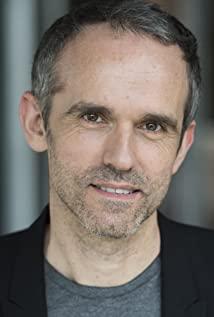Every episode in this movie is a story of AIDS and AIDS, but every episode seems to be its own life: we fight for our own rights and what others deserve, we break down through hardship, we feel To the pillow people seem to be betrayal.
The first half of the movie talks about ACT-UP's radical equality, and the second half talks about the patient Sean's life slowly coming to an end. Needless to say about equality, from every weekly meeting to throwing blood bags everywhere, the French, who have always liked parades, captured the process of equality incisively and vividly.
In the second half, there are two shots that stood out to me.
The first is that after a meeting, everyone danced as usual, the dust slowly floated up again, and Sean was lying alone in the hospital without escort. I don't know since when the feelings of the person beside me have changed, I see myself no longer enthusiastic, and even when I go home on the last day of my life and go back to the apartment they have been discussing for a long time, I don't even cry when I break down and cry. Sending a hug and not holding my hand on the last night of my life. It is not difficult to understand why Nathan invited the president to accompany him the next day.
The second is that after Sean's death, his mother changed him into new clothes. From birth to death, she was always by her side.
The film integrates various elements of politics, society, love, and family affection. The two parts seem to be clearly separated but there is no blunt transition. It seems to be the story of a group of people, but it is actually the story of everyone.
View more about BPM (Beats Per Minute) reviews











